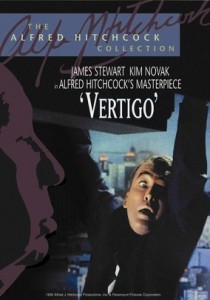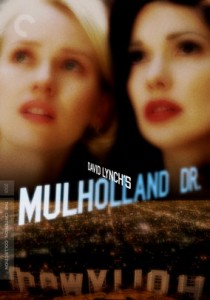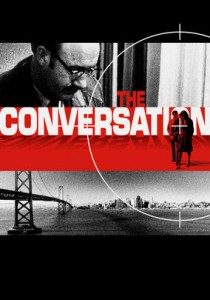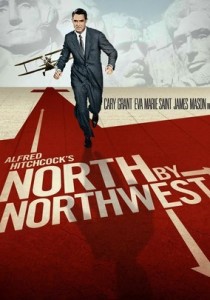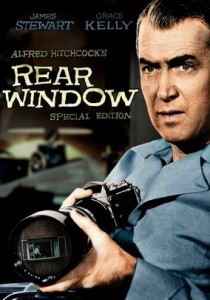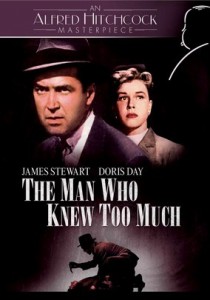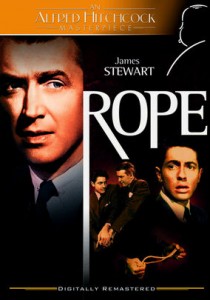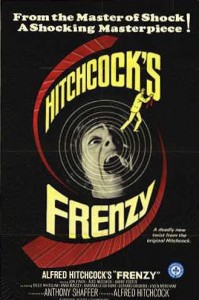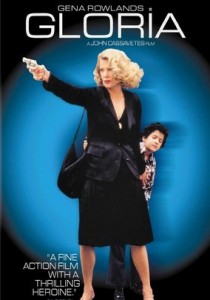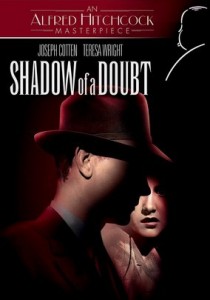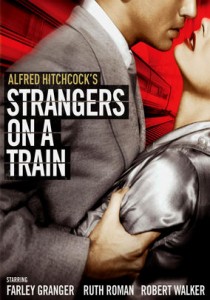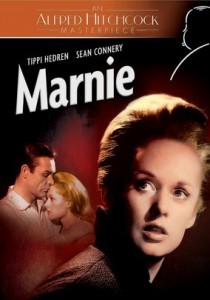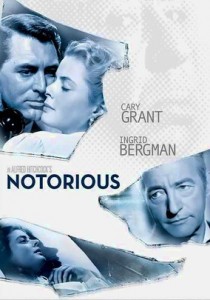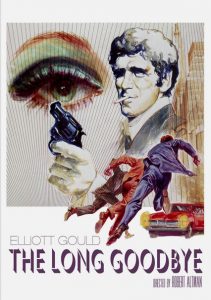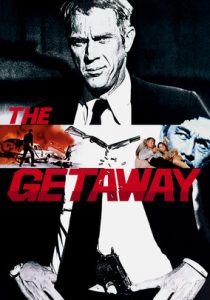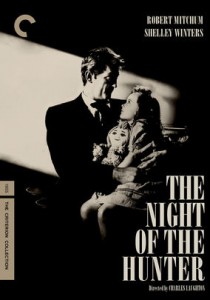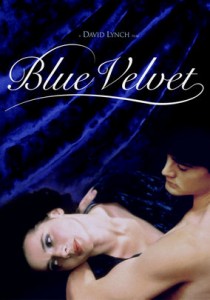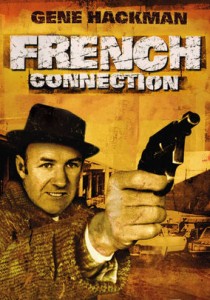Dead of Winter-2025
Director Brian Kirk
Starring Emma Thompson, Judy Greer, Marc Menchaca
Scott’s Review #1,513
Reviewed January 20, 2026
Grade: A-
The brilliant Emma Thompson, known for Howard’s End (1992) and a bevy of other quality films, stars in and executive produces Dead of Winter (2025), a perfect movie to watch in January. If one is fortunate enough to watch on a blustery, cold, or snowy night, all the better for an ideal atmosphere.
The thriller is unpredictable and downright touching, largely thanks to Thompson, who leads the charge emotionally. To see the actor shoot, stab, and catfight her way to a beautifully shot ending is icing on the cake.
Plus, trading her sophisticated British accent in for a folksy midwestern drawl is quite pleasing.
The elements are a huge win and the main attraction of the film, other than Thompson and the eerie timeliness of the United States’ Minnesota, the setting of the film, being in the top U.S. news in late 2025/early 2026.
The stark, empty vastness of the cold land is made even more potent by the endless whiteness of the snow-covered, curving roads, the tundra of the lake, and the lake house, where most of the action takes place.
While the story can be argued to be implausible and the ending fragile, bordering on silly, requiring suspension of disbelief, Thompson’s performance more than makes up for any weak fragments.
Hit by a blizzard, a grief-stricken loner named Barb (Thompson) gets lost among backroads near a Minnesota lake and stops for help at a remote cabin in the woods where she discovers drops of blood and a startled middle-aged man (Marc Menchaca) who can’t get rid of her fast enough.
She then discovers a young woman (Laurel Marsden) kidnapped by a desperate couple intent on murder. Isolated and without cell service, Barb realizes she is the woman’s only hope of survival.
Director Brian Kirk carefully places tender flashbacks of a young Barb and her husband Kirk from smitten youngsters to tragic seniors battling Kirk’s failing health and the in-between trials and tribulations of the couple over the years.
These scenes not only create an emotional investment in the audience, but also fill in the blanks about why Barb would be possessed to go ice fishing in the middle of nowhere, all alone.
Sprinkling bits of humor that make Barb appear a kindly woman rather than an incompetent bafoon, she is a salt-of-the-earth type who opposes violence. Thompson was undoubtedly influenced by Frances McDormand’s sheriff character Marge Gunderson in 1996’s Fargo.
In fact, there are multiple Fargo comparisons to explore for fans of the Coen Brothers’ film, covering plot, atmosphere, and characters.
Judy Greer and Menchaca provide solid support as the mismatched couple with deadly intentions, whose motives become clearer as the plot unfolds. Greer’s character is pretty unlikable despite softening towards the end, but her actions are peculiar from a logistical perspective, and her acting is of high quality.
Menchaca has the more sympathetic role, and not only because the actor performs his nude scene in freezing temperatures.
The finale is set underwater, and it is a teary yet satisfying sendoff for Barb and Kirk, who make the hardest-hearted viewer believe in true love and a testament to commitment.
Likely superceding any expectations set by filmmakers, Thompson gives a bravura performance through facial expressions alone, telling much of the sentimental part of the story through her bright blue, emotion-filled eyes, pulling the audience in.
I didn’t expect to enjoy Dead of Winter (2025), a film given little notice, nearly as much as I did.







